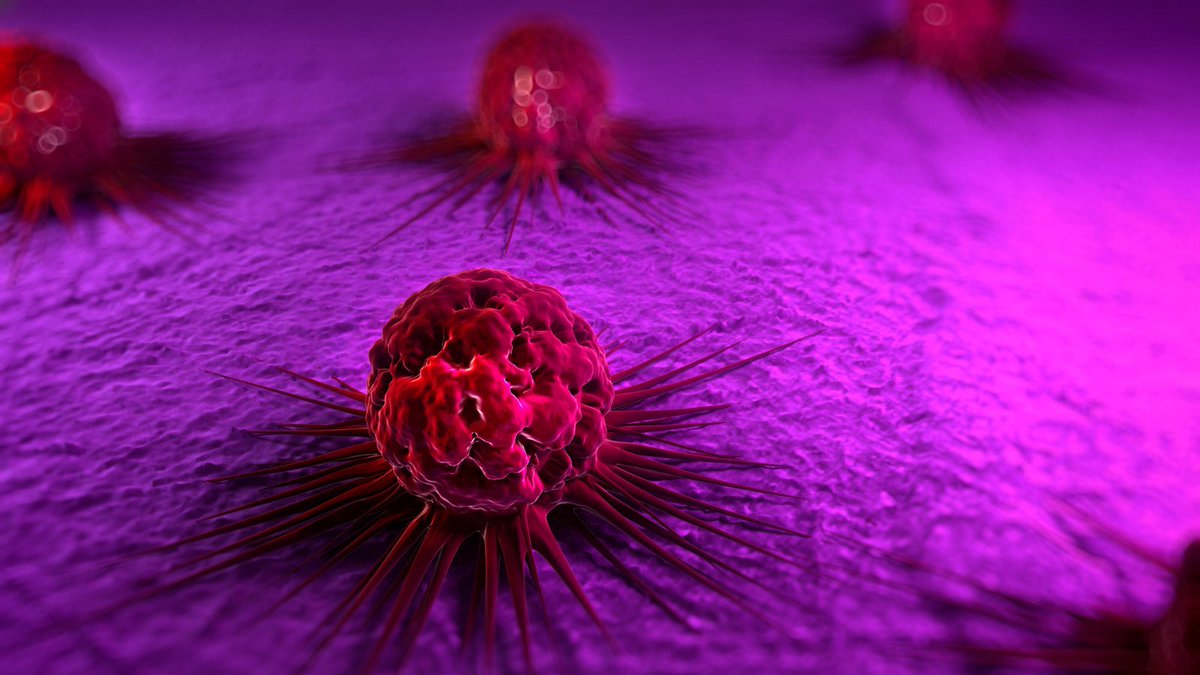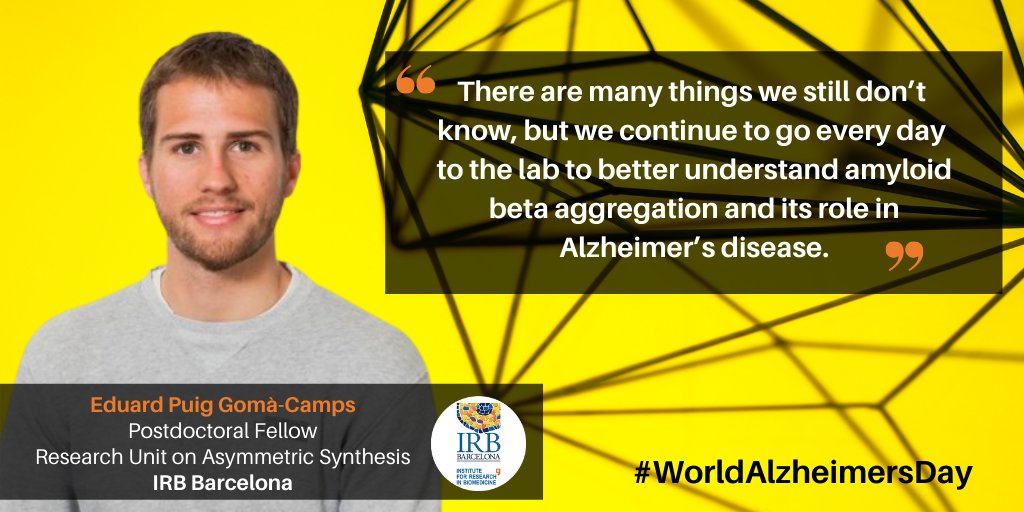El laboratorio de #ManuelSerrano ha obtenido una #ERCPoC del @ERC_Research para para desarrollar nuevos fármacos contra la fibrosis.
SENFIB busca eliminar las células #senescentes, que pueden dar lugar a enfermedades relacionadas con el envejecimiento.
➡️bit.ly/333GH14

SENFIB busca eliminar las células #senescentes, que pueden dar lugar a enfermedades relacionadas con el envejecimiento.
➡️bit.ly/333GH14


#ManuelSerrano: “Las células senescentes contribuyen al deterioro funcional de tejidos y órganos. Los senolíticos nos permiten eliminar selectivamente estas células cuando el sistema inmune es incapaz de hacerlo, y evitar así enfermedades relacionadas con el envejecimiento”.
#MartaKovatcheva: “Este es un ejemplo muy interesante de cómo la investigación básica puede abrir puertas a la translación clínica. El proyecto Proof of Concept del ERC nos permite dar el salto y conectar con las preocupaciones de la sociedad”.
• • •
Missing some Tweet in this thread? You can try to
force a refresh










